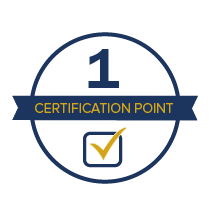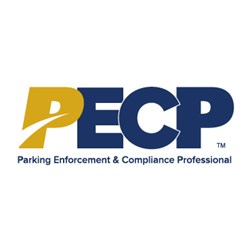Potential Impacts of City-Level Parking Cash-Out & Transit Benefit Ordinances
Education | On-Demand Webinar
 The vast majority of employers provide their employees free parking at work, which encourages employees to drive alone. Parking cash-out enables employees to choose cash instead of free, employer-provided parking, substantially reducing the rate at which people drive alone to work. But this has not been implemented broadly. This presentation will provide an overview of cash-out policies; highlight the results of a Federal Highway Administration (FHWA) analysis of six different possible cash-out ordinances, for nine different cities, to estimate their potential impacts; and offer information on the real-world implementation of cash-out policies at the municipal level. A literature review of the impacts of parking pricing and commuter incentives will be shared as part of the presentation.
The vast majority of employers provide their employees free parking at work, which encourages employees to drive alone. Parking cash-out enables employees to choose cash instead of free, employer-provided parking, substantially reducing the rate at which people drive alone to work. But this has not been implemented broadly. This presentation will provide an overview of cash-out policies; highlight the results of a Federal Highway Administration (FHWA) analysis of six different possible cash-out ordinances, for nine different cities, to estimate their potential impacts; and offer information on the real-world implementation of cash-out policies at the municipal level. A literature review of the impacts of parking pricing and commuter incentives will be shared as part of the presentation.
Objectives:
- Inform the audience of the expected benefits of commute pricing incentives to improve parking management, including better utilization of existing parking supply and reduced vehicle-miles traveled in turn leading to less congestion and reductions in air pollution and greenhouse gas emissions and other related externalities.
- Discuss the advantages and disadvantages of different city-level parking pricing and incentive policies in terms of both implementation challenges and policy impacts.
- Explore the robust and creative analytical, techniques used to evaluate policy alternatives and how they can take advantage of the work performed in the FHWA project to help with their own analysis.
Presenters:

Allen Greenberg, U.S. Department of Transportation, Federal Highway Administration, has analyzed and advocated for sustainable U.S transportation policy from both inside and outside of government for 25 years. As a senior policy analyst at the Federal Highway Administration, Mr. Greenberg cultivates, develops, and manages transportation pricing pilot initiatives, including many parking pricing projects. Earlier, Mr. Greenberg worked at the U.S. Environmental Protection Agency and League of American Bicyclists. He holds a Master in Urban and Regional Planning from the University of Virginia and a B.S. in Public Policy and Management from Carnegie Mellon University.

Colleen Stoll, City of Santa Monica, Calif., is the Transportation Demand Management Program Manager for the City of Santa Monica. The TDM program proactively manages congestion, improves air quality, and reduces automobile dependence in Santa Monica. It requires annual trip reduction plans from developers and employers with 10 or more employees. When Santa Monica started the TDM Program over twenty years ago, the number of solo drivers driving to work was 80 percent. Today, that number has been reduced to 62 percent in the mornings, and 58 percent in the afternoons. Last year, that translated to over 12,300 fewer car trips per day.

